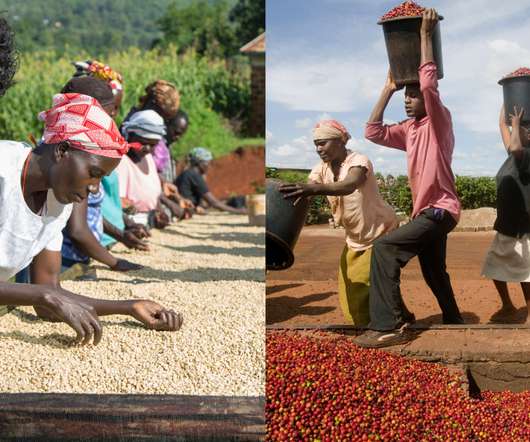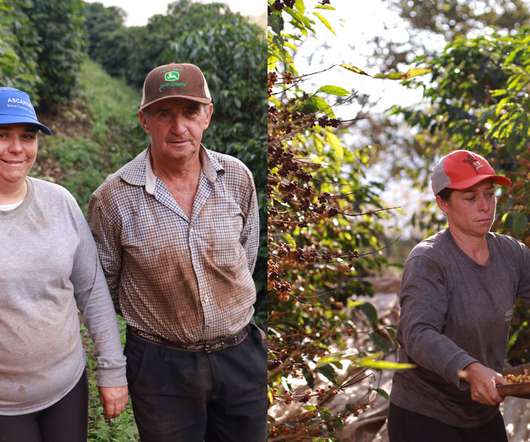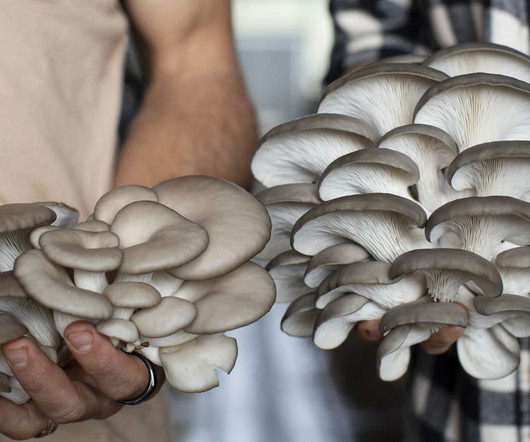Understanding the co-operative model in Kenya’s coffee sector
Perfect Daily Grind
AUGUST 7, 2022
These traded a number of agricultural commodities, including coffee. As of 2017, there were more than 22,800 registered co-ops in the country which traded a range of agricultural crops, although this number may have changed over the past five years. When Kenya became independent in 1963, there were around 1,000 registered co-ops.




















Let's personalize your content